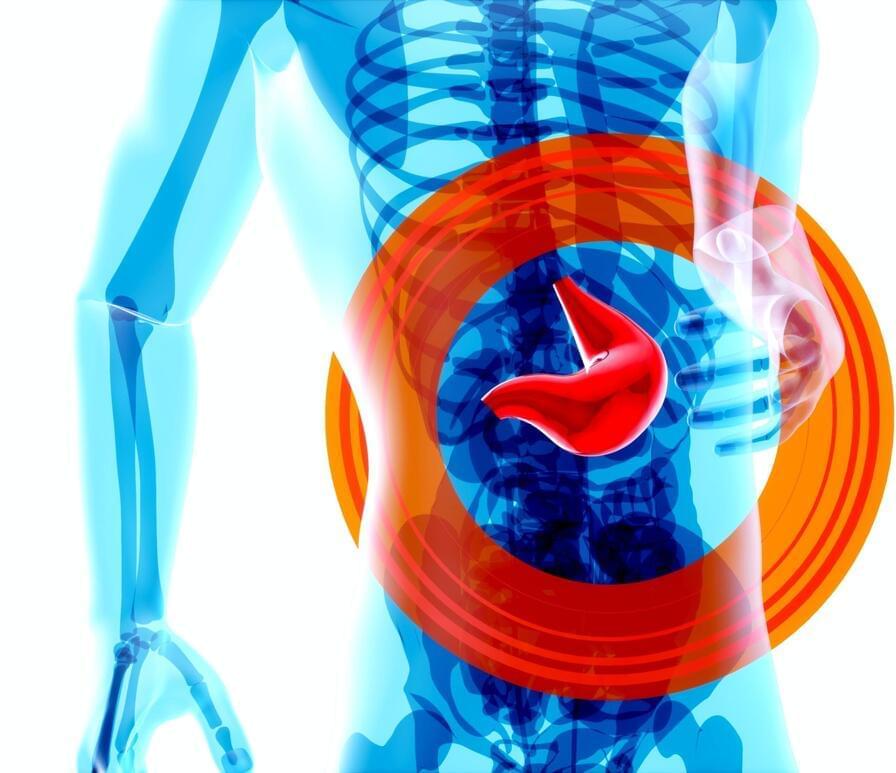Scientists from German Cancer Research Center (DKFZ), together with colleagues from Germany, Israel, and the U.S., have found that the gut microbiome may modulate the efficacy of CAR-T cellular immunotherapy CAR-T cells in patients with B cell lymphomas. Individualized microbiome information retrieved from patients’ gut microbiomes prior to initiation of CAR T therapy could accurately predict their subsequent responsiveness to therapy, but only in the condition that these patients were not pre-treated with broad spectrum antibiotics.
Increasing evidence from human studies and preclinical experiments suggests that the gut microbiome may modulate the efficacy of T cell-driven cancer immunotherapies, such as immune checkpoint blockade. Immunotherapy with CD19 chimeric antigen receptor (CAR)-T cell has opened up new treatment options for patients with certain forms of refractory and relapsing B-cell leukemias or lymphomas. But the therapy is hampered by considerable heterogeneity in responses. Complete and long-term remission is only achieved in up to 40% of patients.
Researchers from multiple centers in Germany and the United States, led by Eran Elinav, director of the DKFZ-Weizmann Institute of Science Microbiome & Cancer Bridging division, have found that the gut microbiome may modulate the efficacy of CD19 CAR-T cell immunotherapy in patients with B cell leukemias and lymphomas.










Comments are closed.